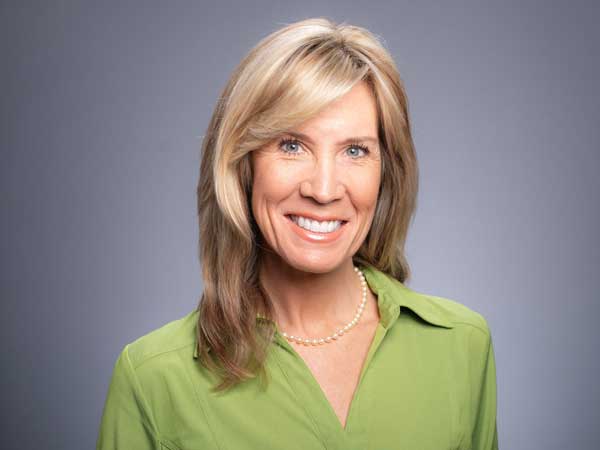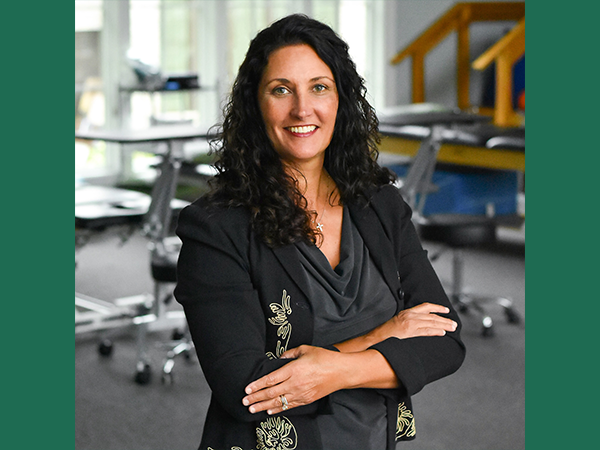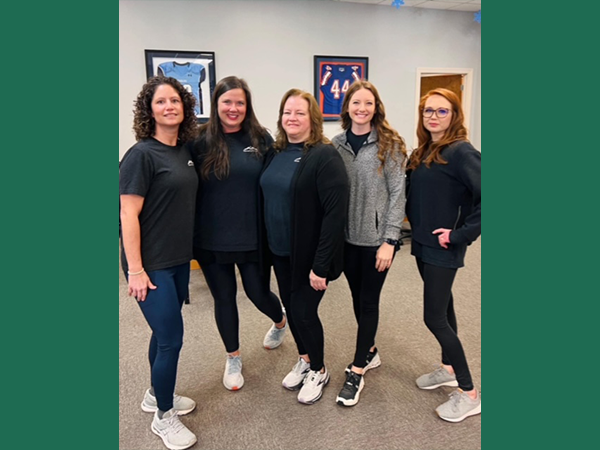 Dr. Robin LanziThere is a crisis of ableism in academia.
Dr. Robin LanziThere is a crisis of ableism in academia.
As reported in a new systematic review by Sally Lindsay and Kristina Fuentes at the University of Toronto, ableist attitudes and resistance are stigmatizing disabilities, stifling faculty and staff with a disability from advocating for themselves, and preventing critical accommodations and policies for faculty and staff with a disability from being created and widely implemented.
“Faculty and staff with disabilities are significantly underrepresented within academia and experience alarming rates of discrimination, social exclusion, and marginalization,” according to Lindsay and Fuentes.
The authors’ article “It is Time to Address Ableism in Academia: A Systematic Review of the Experiences and Impact of Ableism among Faculty and Staff” was recently published in the academic journal “Disabilities.”
In their systematic review of research over the past 25 years, the researchers sought to gain a “deeper understanding of the experiences and impact of disability discrimination and ableism among faculty and staff.”
They found disability discrimination, or ableism as “unwanted, exploitative or abusive conduct against people with disabilities that violates their dignity, security or creates intimidating or offensive environments” is unfortunately ever present.
As noted, faculty and staff with disabilities are underrepresented in post-secondary institutions. This is likely a function of the negative attitudes faculty and staff with a disability face and the lack of accommodations and protection in the form of policies. Physical barriers, such as accessible classrooms, parking, and safety, impact the security of people with disabilities. Knowledge of available resources is another key component. Faculty and staff with disabilities need to be informed of their available accommodations and should be able to secure them easily.
However, without a culture of acceptance, neither of these goals can be met.
As the authors explain, the overt and covert discrimination faculty and staff with disabilities experience prevents them from comfortably advocating for themselves, partly explaining the low rates of disclosure among university faculty and staff. There is great need for the university to recognize that what it takes for a faculty or staff person with a disability to work effectively and efficiently varies greatly and from day to day and within the day.
The lack of flexibility in required “in-office” schedules and hours often is prohibitive for those with a disability. Lindsay & Fuentes assert that COVID-19 has proven that flexibility can work, and that flexibility should continue beyond the pandemic.
Ableism is found to contribute to one’s decision to disclose their condition. When there is a supportive environment, people feel comfortable sharing their disabilities. However, stigma leads to a vicious cycle of those who need change being unable to ask for it. The highly competitive, highly productive culture of academia is itself not supportive of people with disabilities. The need to prove oneself, coupled with the fear of being overlooked further silences some people from disclosing their condition.
Lindsay and Fuentes emphasize that as equity, diversity and inclusion grow in higher institutions, disability must receive more focus, eliminating the negative connotation attached to being disabled. Academic institutions must provide proper education and training on how to best support people with disabilities and create policies and accommodations accordingly. If this is done, more will feel comfortable disclosing their condition, breaking the current cycle of ableism.
As a final note, although not a focus of Lindsay and Fuentes’ systematic review, as a professor, mentor, and mother of five sons, I would be remiss if I did not emphasize – emphatically - that we must also ensure the same attention, accommodations, and policies are addressed for students, postdoctoral fellows, and trainees on university campuses. All of academia needs to reckon with ableism.

